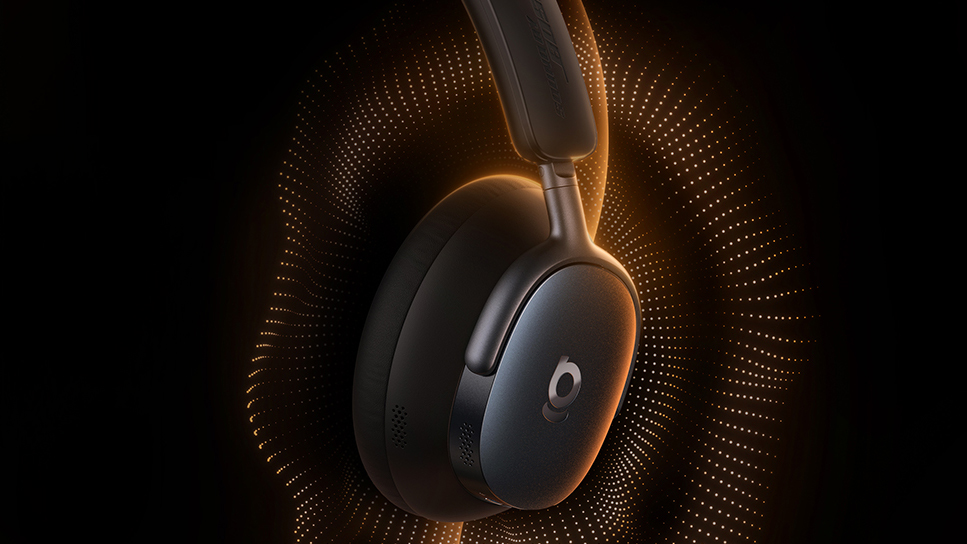iPhone 12 Pro killer upgrade revealed — here's what LiDAR can do
A new report details the capabilities of the iPhone 12 Pro's powerful LiDAR sensor
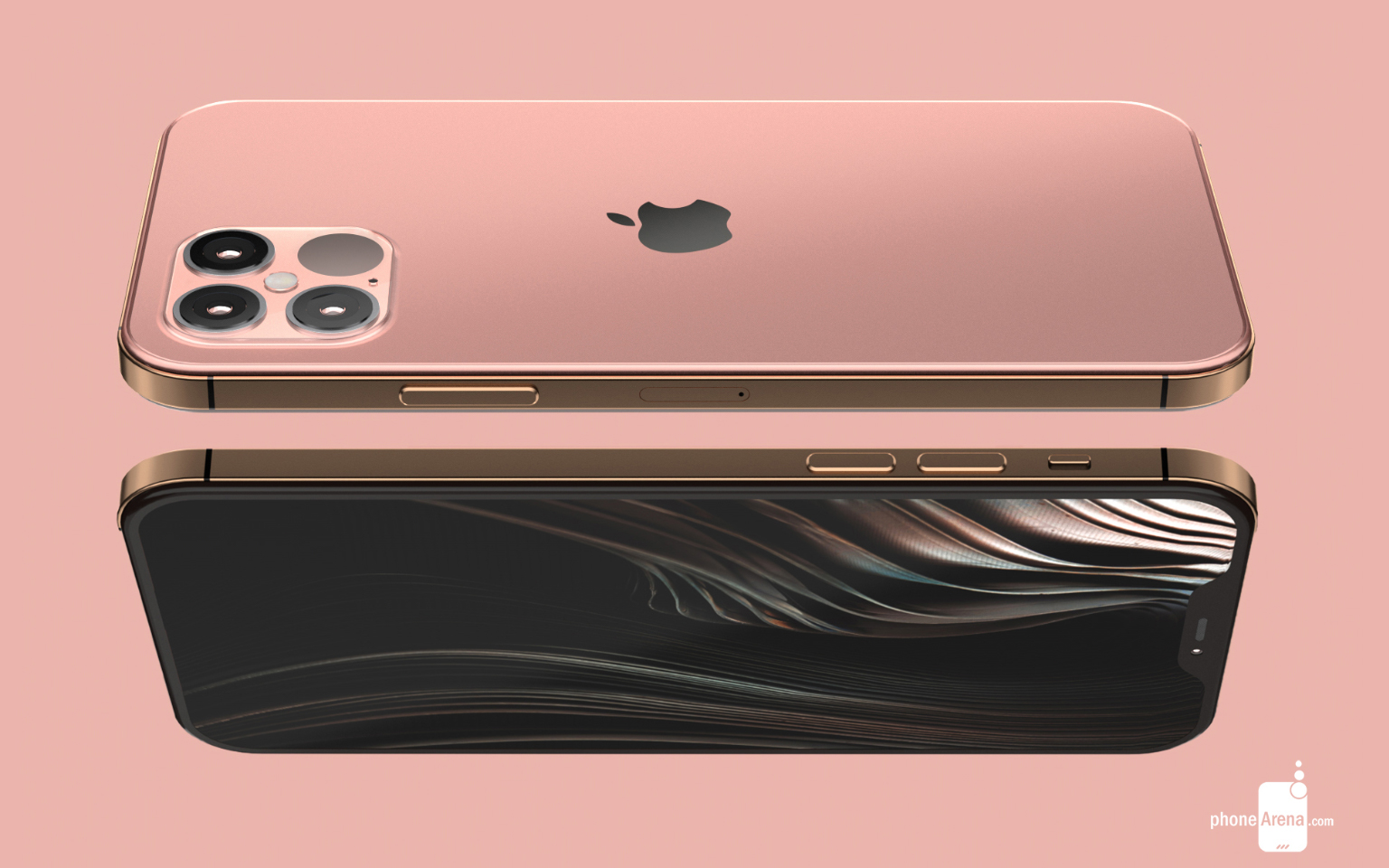
Here at Tom’s Guide our expert editors are committed to bringing you the best news, reviews and guides to help you stay informed and ahead of the curve!
You are now subscribed
Your newsletter sign-up was successful
Want to add more newsletters?

Daily (Mon-Sun)
Tom's Guide Daily
Sign up to get the latest updates on all of your favorite content! From cutting-edge tech news and the hottest streaming buzz to unbeatable deals on the best products and in-depth reviews, we’ve got you covered.

Weekly on Thursday
Tom's AI Guide
Be AI savvy with your weekly newsletter summing up all the biggest AI news you need to know. Plus, analysis from our AI editor and tips on how to use the latest AI tools!

Weekly on Friday
Tom's iGuide
Unlock the vast world of Apple news straight to your inbox. With coverage on everything from exciting product launches to essential software updates, this is your go-to source for the latest updates on all the best Apple content.

Weekly on Monday
Tom's Streaming Guide
Our weekly newsletter is expertly crafted to immerse you in the world of streaming. Stay updated on the latest releases and our top recommendations across your favorite streaming platforms.
Join the club
Get full access to premium articles, exclusive features and a growing list of member rewards.
A new series of leaks has confirmed one of the biggest upgrades for the iPhone 12 Pro. And now we have a much better sense of what this feature will enable users to do.
The most compelling report comes from Fast Company, which details the capabilities of a new LiDAR sensor being supplied by Sony. Using pulses of light, the LiDAR sensor measures pulses of light to measure the distances of objects. And it has the potential to radically improve both photography and augmented reality.
- iPhone 12 release date, price, specs and leaks
- iPhone 12 surprise — only this model will reportedly get fastest 5G
The iPad Pro uses a similar LiDAR sensor, but it looks like Apple has found a lot more ways to leverage it for the iPhone 12 Pro. On the photography front, the iPhone 12 Pro models will reportedly leverage LiDAR to "autofocus more precisely," as well as better differentiate between the foreground and background.
This should help product better Portrait mode shots on the iPhone 12 Pro and iPhone 12 Pro Max. In other words, the iPhone 12 Pros could deliver results that are much closer to the best DSLRs.
The LiDAR sensor should also be able to help with video, as it would be able to track the depth of objects or subjects as they move in the frame. Fast Company speculates that the camera software could "detach a 3D object from the background of a video and apply effects to it.
A previous leak from Jon Prosser on the LiDAR sensor for the iPhone 12 Pro shows that it could also enable an enhanced Night mode, though we're not sure if this applies to photos, videos or both.
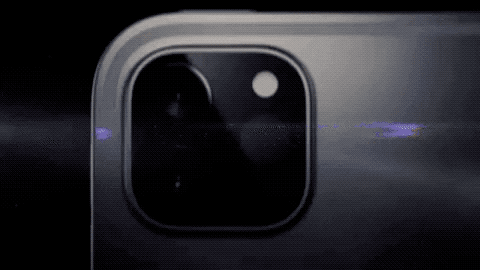
Another important aspect to LiDAR is how it can enhance augmented reality applications. According to Fast Company, iPhone AR apps will be able to "place digital images within layers of real-world images seen through the camera lens." In addition, the iPhone 12 Pro's LiDAR sensor would deliver more accuracy when making measurements.
Get instant access to breaking news, the hottest reviews, great deals and helpful tips.
iPhone 12 LiDAR sensor appears
Separately, leaker Mr. White posted the image you see below on Twitter, which shows two Space Gray-colored rear glass panels for what are unmistakably a pair of iPhones.
The lower of the two glass panels shown looks to be from an iPhone 11 Pro or iPhone 11 Pro Max, with the three big holes being for the main, ultrawide and telephoto camera lenses, the top smaller hole for the flash and the even smaller one below for the rear microphone.
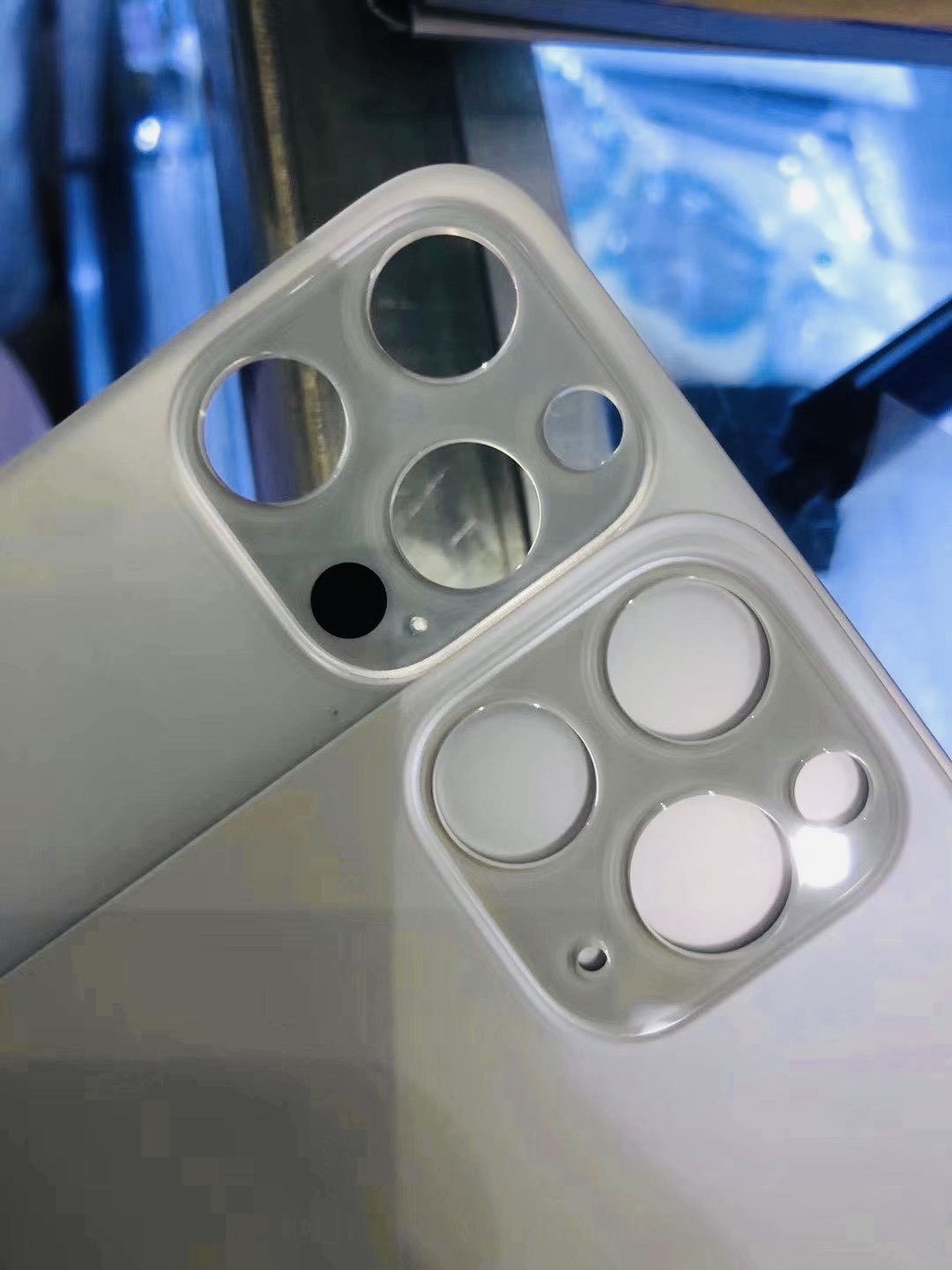
The other glass panel, which we presume to be from one of the iPhone 12 Pro devices, has enlarged the hole that was used for the microphone significantly, and has a new smaller hole drilled slightly up and to the right of it. Since the iPhone 12 Pro is rumored to be getting a LiDAR sensor, it makes sense that this is where it would be located, with the mic shifted to the new smaller cutout.
You can see this more clearly from another source , this one from user LaoBaoTech on Chinese social network Weibo (via MyDrivers and MacRumors). It purports to be an image of a case for the iPhone 12 Pro Max, and once again shows the triple camera array with the larger cutout beneath, and a microphone-sized hole to its top-right.
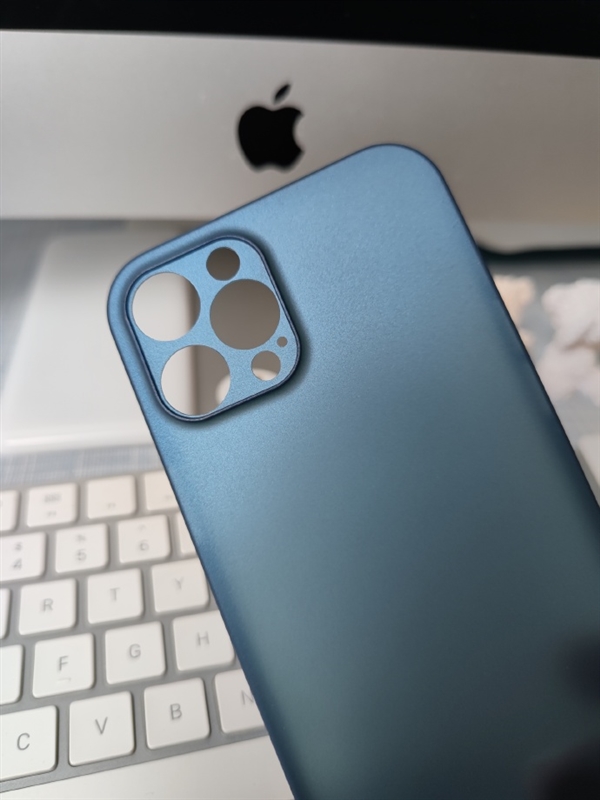
Outlook
Based on the rumors and leaks we've seen, the iPhone 12 lineup may stick with 12MP sensors this year, at a time when rivals like Samsung are pushing 108MP with the Galaxy Note 20 Ultra. Samsung also offers a powerful Space Zoom with 5x optical zoom and 50x digital zoom. The iPhone 12 Pro series is expected to stay in the 2x range or maybe go up to 3x.
However, we have heard that the iPhone 12 will offer larger sensors than before, which would presumably let in more light and capture more detail. And we've also heard that the Magic Fusion feature should improve as a result, which fuses multiple images together to deliver the sharpest possible picture.
With LiDAR added to the mix, the iPhone 12 Pro and iPhone 12 Pro Max have the potential to become the best camera phones, but we'll have to see how well the feature works. And that will likely happen in October, as Apple has said that the iPhone 12 will be delayed by a few weeks.
Mark Spoonauer is the global editor in chief of Tom's Guide and has covered technology for over 20 years. In addition to overseeing the direction of Tom's Guide, Mark specializes in covering all things mobile, having reviewed dozens of smartphones and other gadgets. He has spoken at key industry events and appears regularly on TV to discuss the latest trends, including Cheddar, Fox Business and other outlets. Mark was previously editor in chief of Laptop Mag, and his work has appeared in Wired, Popular Science and Inc. Follow him on Twitter at @mspoonauer.
 Club Benefits
Club Benefits











